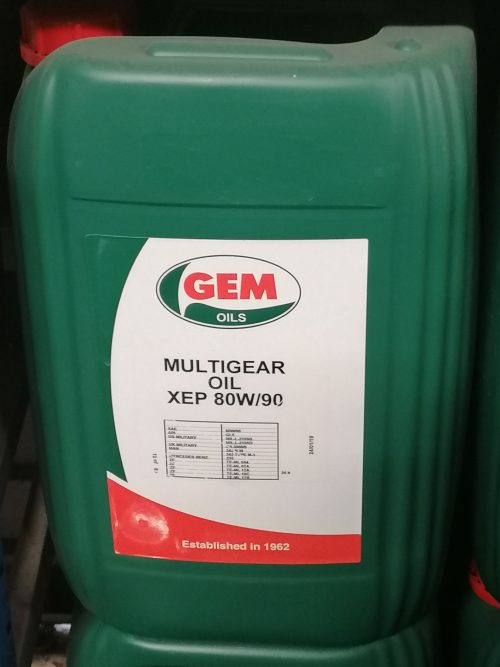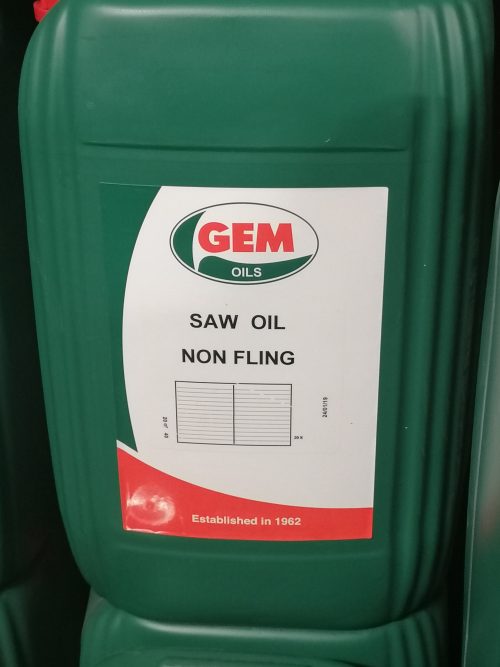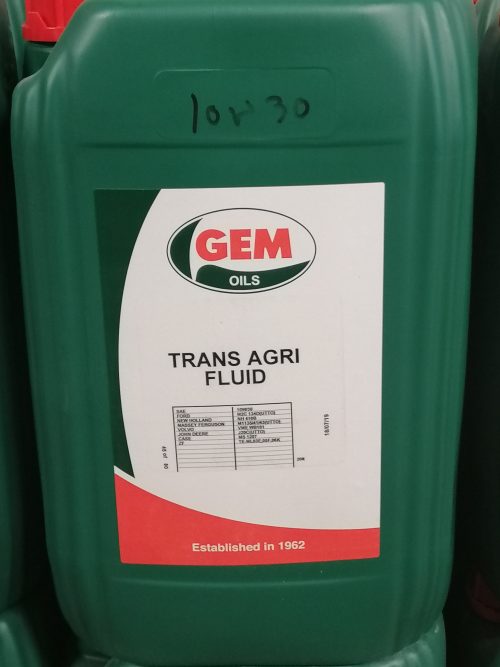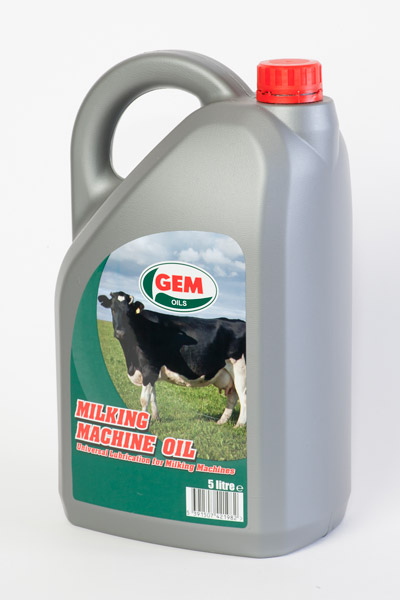Description
~~DIPETANE – An Introduction to Dipetane Fuel Technology
Delivering Best Practice Combustion
BEST PRACTICE COMBUSTION is essential to reduce fuel costs, maintenance and parts costs and emissions.
BEST PRACTICE COMBUSTION is readily available to all fuel users at nil capital outlay.
BEST PRACTICE COMBUSTION is as simple as ABC (About Better Combustion).
Competent CEO’s, CFO’s, Logistic Managers, Transport Managers and Fuel Managers know their own business’s very well, but are generally not well enough informed as to the benefits of best practice combustion and its implications to their bottom line.
The single biggest problem in standard combustion is the occurrence of unburnt carbon and post combustion additives cannot solve the problem.
Unburnt carbon occurs in all engines and boilers using standard additised fuels. Unburnt carbon is the single biggest cause of wasted fuel and increased emissions and smoke.
Ask us for the MIT report on the effects of Combustion Chamber deposits in standard fuels.
Unburnt carbon is avoidable when best practice combustion is used. The cash savings and environmental benefits are significant, measurable and sustainable. This is a fact.
Best practice combustion can only be achieved through the use of Dipetane Fuel Technology which is a mature 25 year old technology.
Dipetane Fuel Technology is revolutionary and is the world’s first and only “pre-combustion technology” that contains the ‘know-how’ to rearrange the volatile carbon chains to enable more complete combustion, thereby reducing fuel usage and emissions significantly. Whereas Additives are all “post combustion technologies” responding poorly to unburnt carbon after it has occurred which is too late and very inefficient.
Dipetane Fuel Technology is a pure 100% hydrocarbon and contains no additives whatsoever. It complies with all BS, EC and US Fuel Specifications, so all warranties are intact. Dipetane has carried full insurances with Lloyds of London since 1992 and has a 100% no claims record. Dipetane contains its own lubricity, which counteracts the loss of sulphur. In simple terms, Dipetane prevents and minimises the occurrence of unburnt carbon which otherwise occurs in all standard additised fuels and in all engines and boilers.





